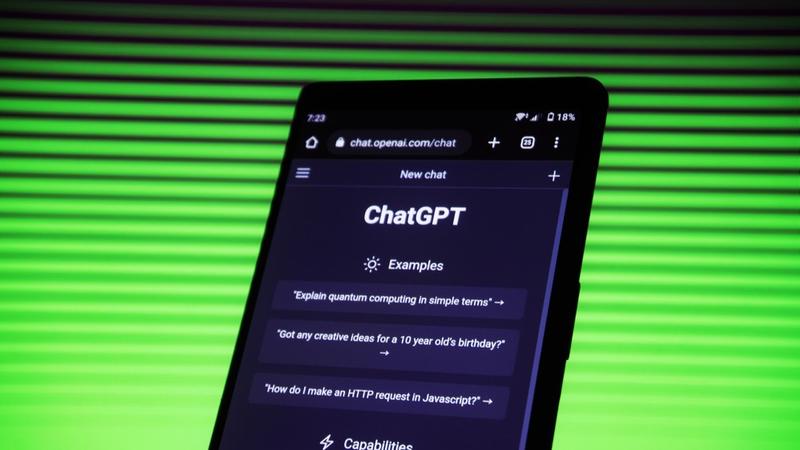Published 12:21 IST, April 29th 2024
OpenAI's ChatGPT faces privacy complaint over inaccurate data handling
NOYB asserts that a public figure sought information from ChatGPT regarding their birthday, only to receive consistently inaccurate responses.

ChatGPT | Image:
Pexels
- Listen to this article
- 2 min read
Advertisement
12:21 IST, April 29th 2024
